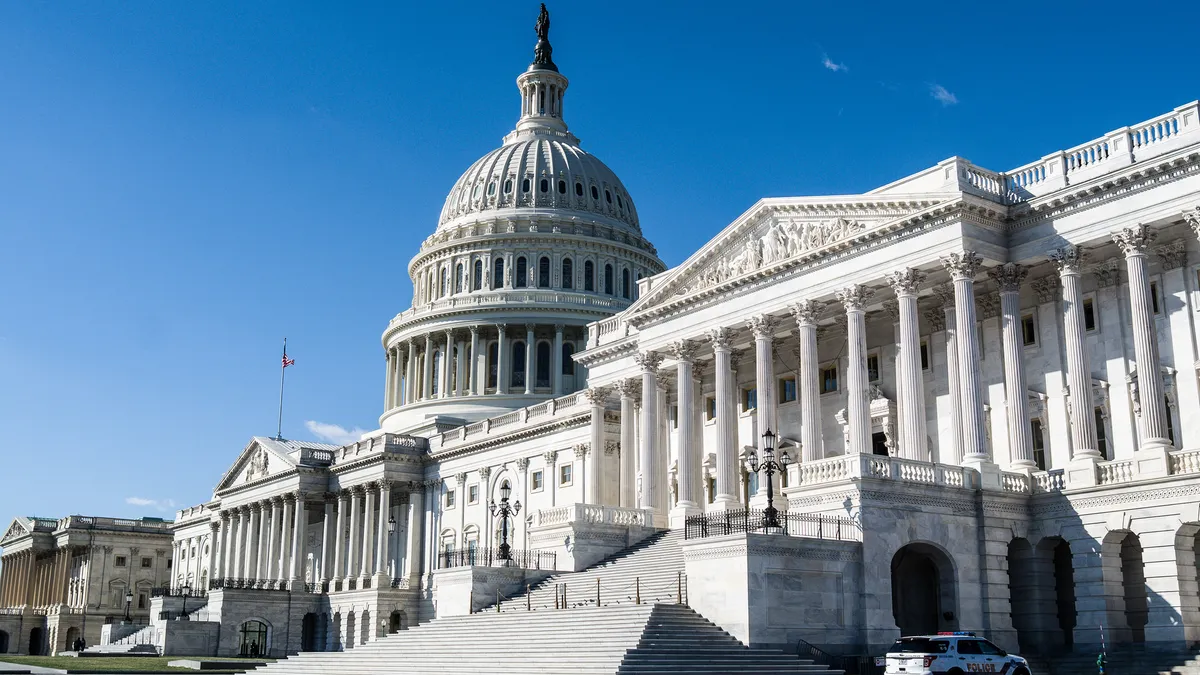Dive Brief:
- A bill to amend the Age Discrimination in Employment Act (ADEA) was re-introduced into the U.S. Senate last week by Senators Chuck Grassley, R-Iowa, Bob Casey, D-Pa., Patrick Leahy, D-Vt., and Susan Collins, R-Maine, according to a statement. A companion bill also was introduced in the House.
- First introduced in 2017, The Protecting Older Workers Against Discrimination Act (POWADA) seeks to reduce the burden on employees alleging age discrimination in violation of the ADEA. Specifically, the bill addresses the 2009 U.S. Supreme Court ruling in Gross v. FBL Financial Services, in which the High Court held a plaintiff bringing an ADEA disparate-treatment claim must prove that age was the "but-for" cause of the challenged adverse employment action.
- POWADA seeks to restore the pre-Gross standard, which required plaintiffs to show only that age was a factor in the decision, not the deciding factor, according to a one-pager provided by the bill's co-sponsors.
Dive Insight:
The bill comes at a time in which age discrimination has been called an "open secret" in employment and nearly one month since the 7th Circuit U.S. Court of Appeals held that some ADEA protections don't apply to job applicants.
In its Gross ruling, the Supreme Court held that the ADEA "does not authorize an alleged mixed-motives age discrimination claim. The ordinary meaning of the ADEA's requirement that an employer took adverse action 'because of' age is that age was the 'reason' that the employer decided to act."
The decision "weakened the ADEA by imposing a significantly higher burden of proof on workers alleging age discrimination than is required of workers alleging other forms of workplace discrimination," said Grassley. "As a result, workers that allege age discrimination must meet an undue legal burden not faced by workers alleging discrimination based on race, sex, national origin or religion."
POWADA would amend the ADEA, the Americans with Disabilities Act, the Rehabilitation Act of 1973 and the retaliation provision of Title VII to once again allow mixed-motive age bias claims. According to the one-pager, it would also "reaffirm that workers may use any type of admissible evidence to prove their claims."
The bill has been endorsed by the AARP, among other groups. AARP said in a statement that its research found more than 60% of workers age 45 and older have witnessed or experienced age discrimination, while 76% said that they consider age discrimination to be a major obstacle to finding a new job.












